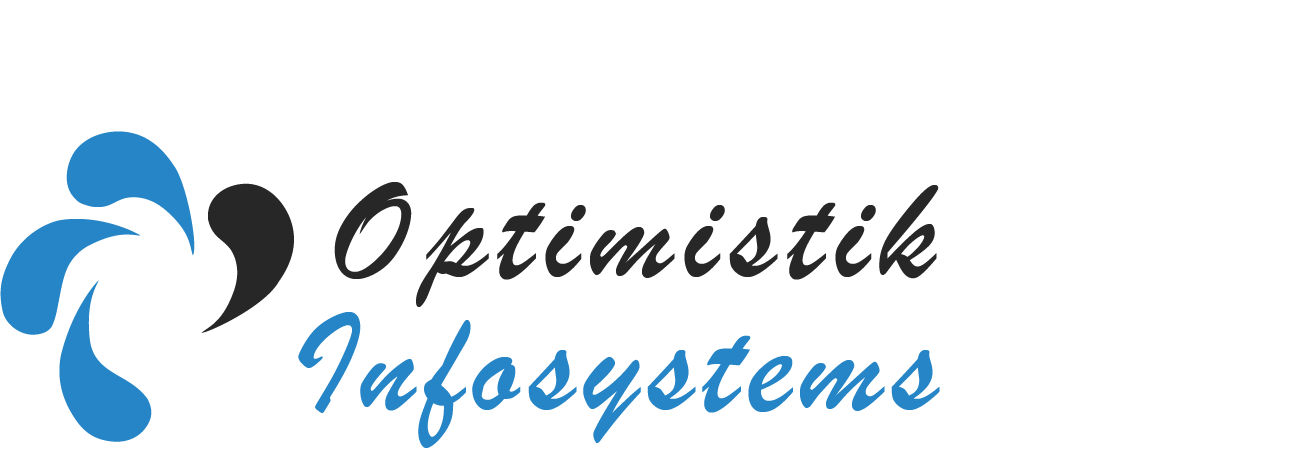Badge of Brilliance: Boost Your Career with Microsoft Certifications

In the fast-paced world of technology, staying ahead of the curve is essential. One way to ensure you remain competitive and relevant in the job market is through obtaining industry-recognized certifications. Among the most respected and sought-after are Microsoft Certifications. These certifications validate your skills and knowledge in various Microsoft technologies and can significantly enhance your career prospects. This blog post explores the different Microsoft Certifications available and why you should consider getting certified.
Overview of Microsoft Certifications
Microsoft offers a comprehensive certification program designed to validate expertise across a wide range of technologies and roles. The certifications are grouped into three primary categories: Fundamentals, Associate, and Expert levels.
Fundamentals Certifications: Ideal for beginners, these certifications validate foundational knowledge of Microsoft technologies. They are suitable for individuals starting their careers or those looking to switch to tech-related roles. Examples include:
Microsoft Certified: Azure Fundamentals
Microsoft Certified: Microsoft 365 Fundamentals
Microsoft Certified: Power Platform Fundamentals
Associate Certifications: Targeting professionals with some experience, these certifications focus on specific job roles and technical skills. They demonstrate proficiency in managing, developing, and implementing Microsoft solutions. Notable examples include:
Microsoft Certified: Azure Administrator Associate
Microsoft Certified: Power BI Data Analyst Associate
Microsoft Certified: Dynamics 365 Sales Functional Consultant Associate
Expert Certifications: These are advanced certifications for individuals with significant experience and expertise in Microsoft technologies. They validate deep technical skills and knowledge necessary for senior roles. Examples include:
Microsoft Certified: Azure Solutions Architect Expert
Microsoft Certified: Microsoft 365 Enterprise Administrator Expert
Microsoft Certified: Azure DevOps Engineer Expert
Why Get Microsoft Certified?
Career Advancement
Enhanced Job Prospects: Microsoft certifications are highly regarded in the tech industry. They signal to employers that you have the necessary skills and knowledge to perform effectively in specific roles. Certified professionals often have an edge in job applications and promotions.
Higher Earning Potential: Certifications can lead to higher salaries. According to various industry reports, certified professionals typically earn more than their non-certified counterparts.
Skill Validation and Credibility
Industry Recognition: Microsoft certifications are globally recognized. Earning these certifications demonstrates a commitment to staying current with industry standards and technologies, enhancing your professional credibility.
Up-to-Date Knowledge: The certification process ensures that you are knowledgeable about the latest Microsoft technologies and best practices. This is particularly important in an industry where technology evolves rapidly.
Professional Growth and Networking
Learning and Development: Preparing for Microsoft certifications involves rigorous study and hands-on practice. This process helps you gain a deeper understanding of the technologies you work with, contributing to your professional growth.
Community and Networking: Being part of the Microsoft Certified community opens up networking opportunities with other certified professionals. You can share knowledge, find mentorship, and collaborate on projects.
Employer Benefits
Increased Productivity: Certified employees are often more efficient and effective, as they possess the skills needed to optimize the use of Microsoft technologies. This can lead to better project outcomes and overall productivity.
Competitive Advantage: Organizations with certified professionals can differentiate themselves in the market. Certifications signal to clients and partners that the organization values continuous learning and expertise.
Getting Started with Microsoft Certifications
Choose the Right Certification: Identify which certification aligns with your career goals and current skill level. Microsoft offers a variety of certification paths, so take the time to research which one is best suited for you.
Prepare for the Exam: Utilize Microsoft’s official learning resources, such as Microsoft Learn, to study for your certification exam. There are also numerous third-party training providers and study guides available.
Gain Practical Experience: Hands-on experience with Microsoft technologies is crucial. Set up a lab environment, participate in real-world projects, or use trial versions of Microsoft software to practice.
Schedule and Take the Exam: Once you feel prepared, schedule your certification exam through the Microsoft Certification Dashboard. Be sure to review the exam objectives and practice with sample questions.
Conclusion
Microsoft Certifications are a powerful tool for career advancement, skill validation, and professional growth. They offer a pathway to stay current with technology trends and demonstrate your expertise to employers. Whether you are just starting in the tech industry or looking to enhance your existing skills, obtaining a Microsoft Certification can be a significant step toward achieving your career goals. Embrace the opportunity to learn, grow, and succeed with Microsoft Certifications.


Leave a Reply